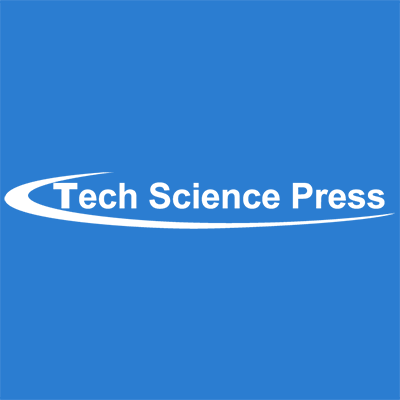
Phyton-International Journal of Experimental Botany
ISSN: 0031-9457 (Print)
ISSN: 1851-5657 (Online)
Aims & Scope
Phyton-International Journal of Experimental Botany is an international journal that publishes research on all aspects of plant science. This journal welcomes original and exciting submissions that provide new and key insights into the origins, and growth and development of plants from the molecular to the whole organism and its interactions with the biotic and abiotic environments.
The journal publishes outstanding research in the plant and ecology sciences, especially in the areas of plant physiology and biochemistry, plant metabolism, plant ecology and evolution, plant bioinformatics as well as horticultural plants, medicinal plants, environmental physiology of plants. Phyton IJEB’s target readership includes scientists, researchers, and graduate students involved in all basic and applied fields of plant science. Manuscripts submitted to this journal must not be under simultaneous consideration in any other kind of publication or have been published elsewhere, either in part or in a whole.
Publication Frequency
Monthly
IF
Current Impact Factor: 1.2 (2024)
5-Year Impact Factor: 1.3
Citescore
2.5 (2024)
Acceptance rate
37%(2025)
Speed
Submission to first post-review decision (average time): 25 days (2025)
Submission to acceptance (average time): 67 days (2025)
Societies and Affiliations
Officially supported by Botanical Society of Jiangsu
Ownership
The journal is owned by Tech Science Press.
Open Access
All articles published will be Gold open access under the terms and conditions of the Creative Commons Attribution License 4.0 (CC-BY 4.0), and are made freely and permanently accessible online from the date of publication. For further information, please refer to the Open Access Policy.
Archiving
All journals published by TSP are archived in Portico, which provides permanent digital archiving for scholarly journals.
Ethics Statement
TSP takes the responsibility to enforce a rigorous peer-review together with strict ethical policies and standards to ensure adding the highest quality scientific works to the field of scholarly publication. TSP takes such publishing ethics issues very seriously on every level. Our staff are trained to identify and report any irregularities. Our editors follow Guidelines of the Committee on Publication Ethics (COPE), and proceed with a zero tolerance policy for ethical violations, including plagiarism, data falsification and authorship misconduct. To confirm the originality of all submitted manuscripts, we use iThenticate for similarity checks against prior publications.